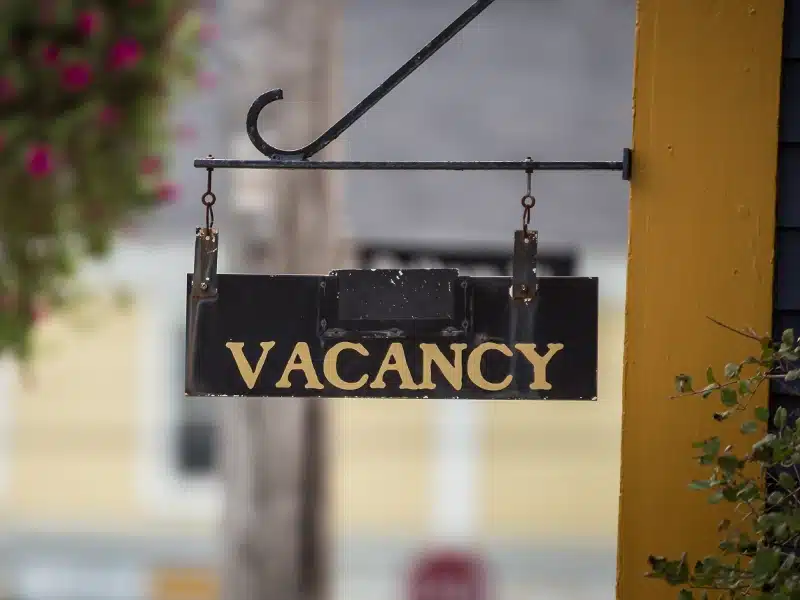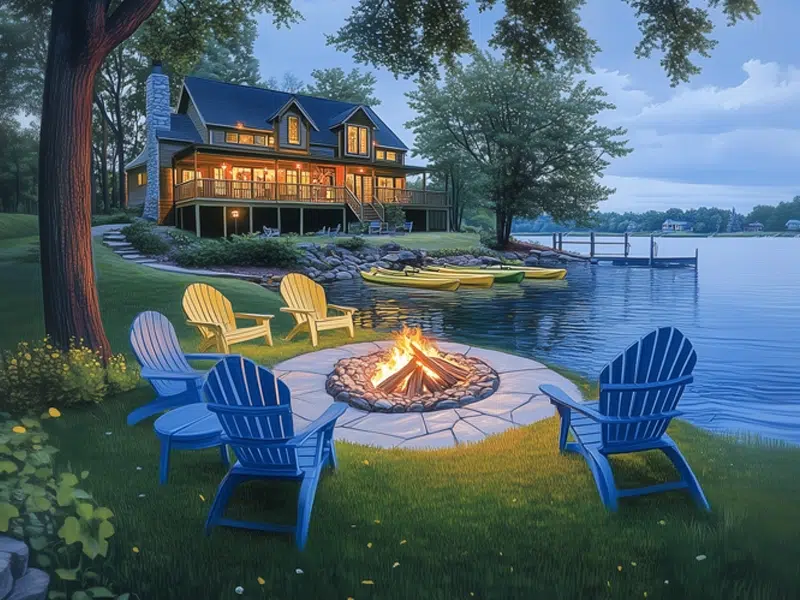What Is The Vacancy Clause?
Nearly all vacation rental home insurance policies have what’s called a ‘vacancy clause’ and it’s important every owner understands its limitation. The average vacancy rate in short-term rentals is around 30%, which is about 109 days. Vacant or unoccupied properties pose higher risks because no one is around to identify potential problems. What does this mean from an insurance perspective?

No Coverage for Vandalism, Water Damage, and Theft
If a property is deemed vacant at the time of an insurance loss there is typically no coverage for vandalism, water damage, or theft. The reason is no one is there to protect the property ( vandalism and theft ) or shut off the water in the event of broken water pipes (water damage), which is a very common insurance claim. A vacant property is a much higher risk class for insurance companies, in fact, there are specialty vacancy policies available that carry much higher premiums to offset the higher risk.
In addition to these flat exclusions, any other covered claim such as a fire; the claim payout is reduced by 15%.
How Is Vacancy Defined?
This all depends on your insurance contract. Unfortunately, some contracts as seen below, simply flat exclude property coverage for ‘vacant or unoccupied properties.
Some define vacancy as ‘no people’ for 30 or 60 days, some define as ‘no people and no contents’ for 30 or 60 days, and worst case, most do not define vacancy at all. What this means, is at the time of a loss, say broken water pipes, it’s open to the insurance carrier to decide what their definition of vacancy should be.
Example: You own a vacation rental that has not been booked or resided in for many weeks and your ice maker line breaks causing significant water damage to your floors, walls, and everything else. You decide to check up on your property and discover the water damage. You immediately shut off your water line and file a claim with your insurance carrier.
The adjuster determines the water damage is not ‘continued or repeated leakage or seepage of 14 days – which is a standard exclusion in all home insurance’, but rather, it was sudden and accidental and likely happened about a week back. Covered claim correct? Not necessarily. If the adjuster starts asking questions about the residency of the property, and why no-one was there to shut-off the water, they may just pull out the ‘vacancy clause’ and flat deny the claim. Remember, most insurance contracts do not define vacancy, and they may argue weeks of un-occupancy is enough to deem the property vacant.
Upgrade Your Short-Term Rental Insurance Today
Interested in a policy to protect you and your business from liability and damage claims? Proper Insurance is the nation’s leading short-term vacation rental insurance provider, with the most comprehensive policy on the market. We protect homes in all 50 states with unmatched coverage for your property, revenue, and business liability, customized to include guest-caused theft/damage, liquor liability, amenity liability (bikes, kayaks, hot tub, etc.), bed bugs, squatters, and more.



